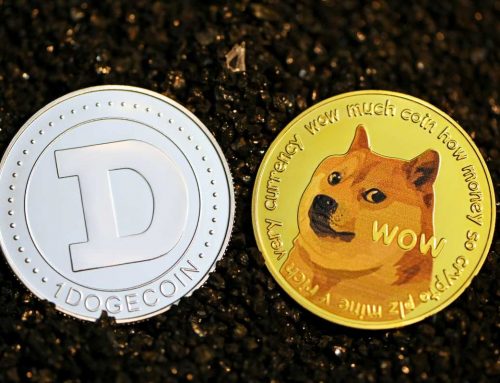Ethereum is a decentralized, open-source blockchain platform that enables the creation of smart contracts and decentralized applications (DApps). It was created in 2014 by Vitalik Buterin, a Russian-Canadian programmer and co-founder of Bitcoin Magazine.
At its core, Ethereum operates as a global, decentralized computing platform that enables developers to build and deploy applications that can be accessed by anyone with an internet connection. The platform is powered by a cryptocurrency called ether (ETH), which is used to facilitate transactions on the network and as a reward for participating in the network.
One of the key features of Ethereum is its support for smart contracts, which are self-executing contracts with the terms of the agreement between buyer and seller being directly written into lines of code. The code and the agreements contained within it are stored and replicated on the Ethereum blockchain, which ensures that they are transparent and unchangeable.
Smart contracts have the potential to revolutionize a wide range of industries by automating complex processes and reducing the need for intermediaries. For example, a smart contract could be used to automate the process of buying and selling real estate, with the contract automatically transferring ownership of the property from the seller to the buyer once all of the agreed-upon conditions have been met.
In addition to smart contracts, Ethereum also enables the development of decentralized applications (DApps). These are applications that are built on top of the Ethereum platform and operate on a decentralized network rather than a single server. This allows them to be more secure and resistant to censorship, as they are not controlled by any single entity.
One of the most popular DApps built on Ethereum is Cryptokitties, a game that allows players to buy, sell, and breed virtual cats. Other popular DApps on the Ethereum platform include Augur, a prediction market platform, and Golem, a decentralized computing platform that allows users to rent out their excess computing power.
Ethereum’s decentralized nature and support for smart contracts and DApps have made it a popular choice for a wide range of applications, including supply chain management, financial services, and online voting systems.
However, Ethereum is not without its challenges. One of the main limitations of the platform is its scalability, as the network can only process a limited number of transactions per second. This has led to issues with transaction fees and processing times, especially during periods of high demand.
Ethereum is working on ways to address these scalability issues, including the implementation of the Ethereum 2.0 upgrade, which is aimed at improving the network’s efficiency and scalability. Another solution being explored is the use of off-chain transactions, which would allow some transactions to be processed outside of the main Ethereum blockchain in order to reduce congestion on the network.
Despite these challenges, Ethereum remains a widely used and influential platform in the world of blockchain technology. Its support for smart contracts and DApps has opened up a world of possibilities for decentralized applications and has the potential to disrupt a wide range of industries. As the technology continues to evolve and scale, it will be interesting to see how Ethereum and other blockchain platforms continue to shape the future of the internet and the world of technology.




